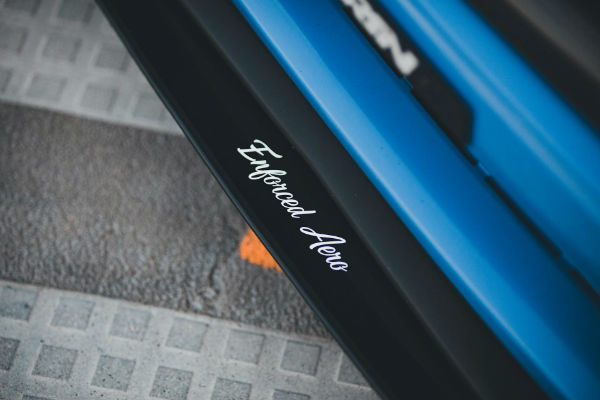What Are Aftermarket Modifications? Common Vehicle Changes to Watch Out
If you’re looking for a used car or truck to buy, you may find the seller has made changes to it on their own. We’ll discuss these modifications and how in many instances they’re something to avoid. If you’re selling a vehicle on the used market, you may also find this article helpful. It will discuss how aftermarket modifications affect car warranties and may even decrease the value of the vehicle. You’ll also learn what you need to share with prospective buyers, for quick analysis, you can hire mechanics at Supertech Auto to examine the vehicle’s condition.
What Are Aftermarket Modifications?
Aftermarket vehicle modifications are changes made to a car, truck, or van by someone other than the manufacturer. This is usually not the same as using aftermarket parts. Your mechanic may do this if they can’t find an original (OEM) part or if an OEM part is exorbitantly expensive. If you have to wait weeks to get an original part shipped but your mechanic can get an aftermarket one in a few days, it makes sense to buy the latter. Instead, aftermarket modifications are typically larger changes intended to improve the look or performance of a vehicle. Some common examples of aftermarket vehicle modifications you should look for in a used car include:
- Spoilers
- Side skirts
- Bumpers
- Chrome accents
- Roof racks
- Tinted windows
- Suspension upgrades
- Bucket seats
- Headlights
- Rims, wheels, and tires
- Sound systems
- Backup cameras
- Automatic starters
- Tow hitches
Some of these modifications come in the form of “body kits” that let users change the appearance of a vehicle. You may also find more extensive modifications. These include things like alterations to the exhaust, brakes, or the engine itself. Some owners make these modifications to improve acceleration, stop faster, or make the car sound more like a high-performance vehicle. Aftermarket electric car modifications are something to watch out for too. You’ll frequently find battery upgrades, as well as:
- Software tuning for the powertrain
- Upgraded tires to boost range
- Charging equipment improvements
- Self-driving features if compatible
- Second motor for all-wheel drive
Can Aftermarket Modifications Affect Your Vehicle Warranty?
Some of these items listed above only affect how the car looks. But they can get into functionality quite quickly. When it comes to a car warranty, aftermarket modifications may void whatever protection you would normally have. If you’re purchasing a vehicle and intend to transfer the warranty from the previous owner, you might find yourself out of luck the next time you hit the dealership for a repair.
Sellers beware: aftermarket car modifications may also reduce the value of a vehicle. You have to spend quite a bit of money to get a modification that looks like it came off the lot. But many body kits and DIY modifications look homemade and cheapen the appearance of a car or truck. There are also safety issues to be aware of. Adding self-driving components is one place where you may not only have trouble with the warranty, you could find yourself on the wrong end of the law after an accident or stop. Motor vehicles are carefully crash-tested and rated before being released on the market. But if you add a roof rack, tow hitch, spoiler, or bumper, does that rating still hold up?
Not always. Your small Fiat may not have been designed to hold extreme weight on the roof or to tow heavy loads. An aftermarket bumper may not protect you or your vehicle’s occupants in a serious crash. Law enforcement officers are generally against dark window tinting, and each province in Canada has its laws regarding tinting. Dark windows can make it unsafe for police to approach the vehicle or simply to see the behavior of the driver. Colored windows can make the vehicle look like an emergency vehicle, which is against the law.
What Car Modifications Do You Have to Declare?
This brings up multiple legal and moral issues. Do you have to declare aftermarket vehicle modifications? In most cases, the answer is yes. First, know that aftermarket modifications may void your auto insurance coverage. You wouldn’t want to find this out after the fact when you file a claim following an accident. If you’re purchasing a modified vehicle, you may discover it’s impossible to get insurance coverage if the carrier deems the car or truck unsafe and is looking for mechanics to examine the vehicle’s condition.
For these reasons, if you buy a vehicle that’s been modified, it’s best to consult with your insurance company to let them know in advance. And if you’re selling a vehicle, you need to disclose aftermarket modifications and let shoppers know if you’ve had any legal or insurance issues because of them. Not sure if a vehicle you’re interested in buying has been modified or if it was done correctly? Your best bet is to take the car or truck to your Vancouver, BC auto specialist for a pre-purchase inspection. They can tell you if trouble awaits or if the modifications in question are nothing to worry about.
